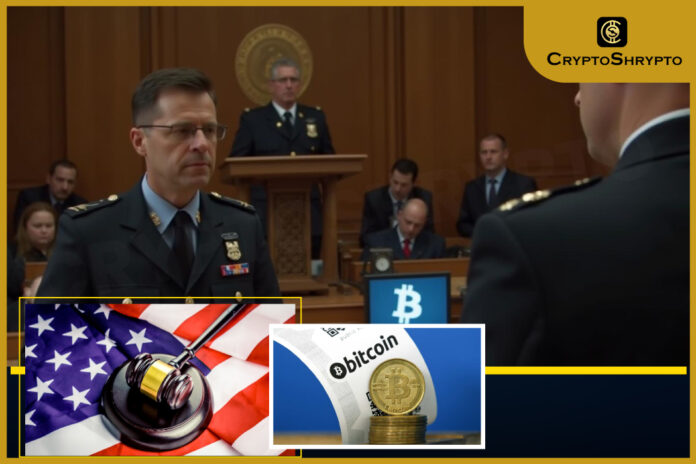An intelligence officer with Britain’s National Crime Agency (NCA) was sentenced to five-and-a-half years in prison on Wednesday for stealing cryptocurrency from a convicted operator of the Silk Road 2.0 dark web marketplace.
Paul Chowles, 42, admitted in Liverpool Crown Court to stealing 50 bitcoin—worth nearly £60,000 at the time—from Thomas White, a Liverpool man jailed in 2019 for running the illegal Silk Road successor. The bitcoin, valued at over £4 million today, was taken from White’s so-called “retirement wallet” during an NCA investigation.
Chowles pleaded guilty to theft, transferring criminal property, and concealing criminal property. Prosecutors said he funneled the stolen bitcoin through Bitcoin Fog, a cryptocurrency “mixer” used to hide transaction origins.
The NCA initially believed White had moved the coins himself until he denied any involvement. An investigation was launched after evidence emerged linking Chowles to White’s crypto accounts, including usernames and passwords found in Chowles’ notebooks when he was arrested in 2022.
Chowles had managed to realize about £145,000 in value from the stolen assets before being caught. Around £470,000 worth of bitcoin was later seized from him.
During sentencing, Judge David Aubrey told Chowles: “Had you not been arrested, you would have continued to reap the rewards of your wrongdoing.”
White’s remaining 47 bitcoin were previously sold by the NCA for about £500,000 and used toward his £1.5 million confiscation order. Chowles, who had worked with the NCA for years as an intelligence officer, was officially dismissed earlier this month following his guilty pleas.
Prosecutor Craig Hassall emphasized the breach of trust, stating Chowles exploited privileged access during a sensitive criminal investigation.
The Silk Road 2.0 platform was launched after the FBI shut down the original Silk Road in 2013. It allowed users to trade illegal goods including drugs, weapons, and counterfeit documents via cryptocurrency.
The NCA has not commented further on the case, citing ongoing internal reviews and cybersecurity concerns.




